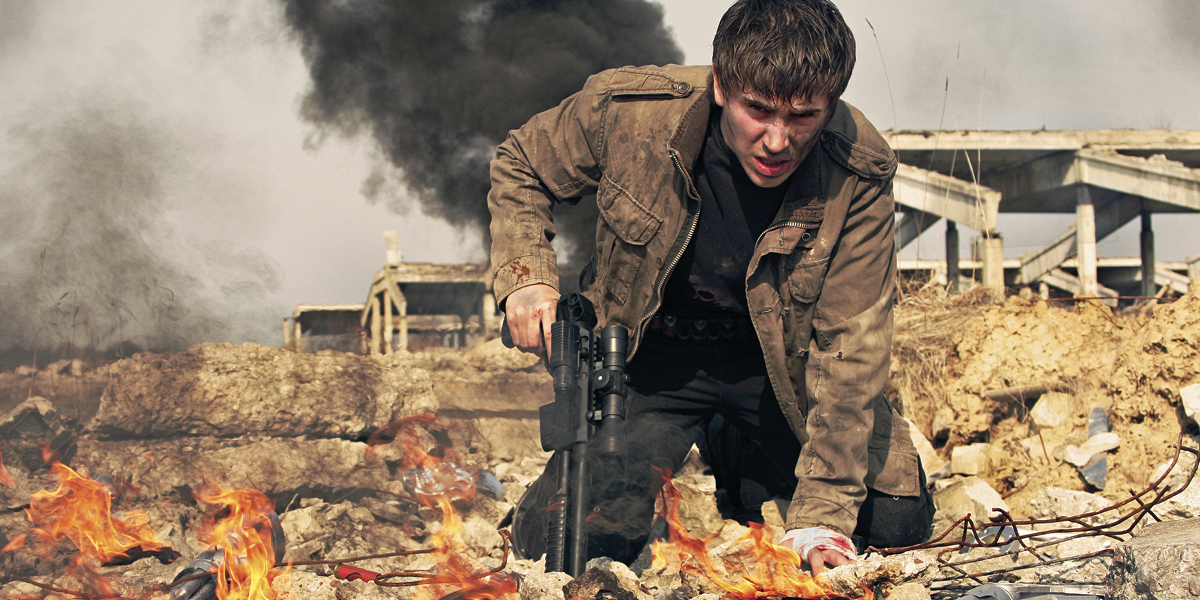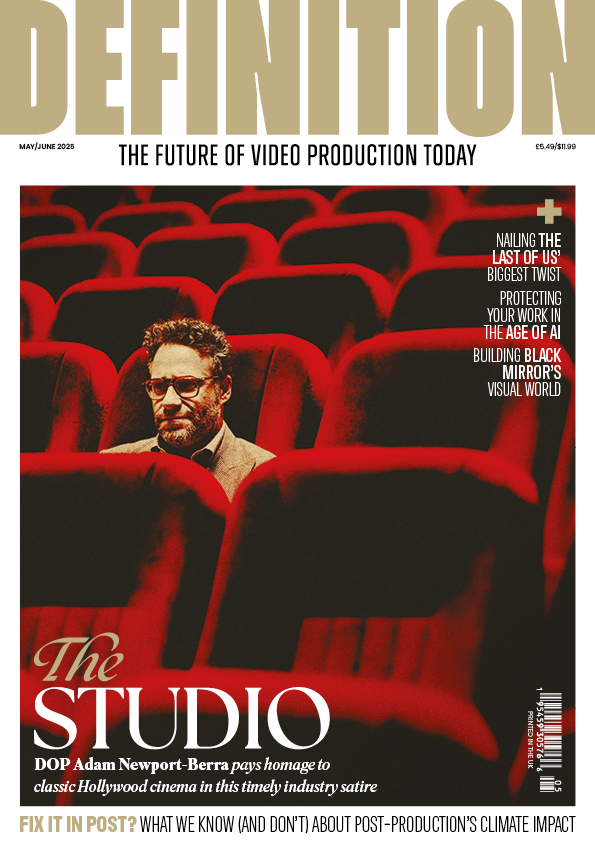
Safety on Set
Posted on May 2, 2024 by Samara Husbands
Do we have an on-set safety problem?
A recent survey by The Mark Milsome Foundation and Bectu revealed that over 75% of UK film and TV crew feel their safety or that of a colleague has been compromised at work. Phil Rhodes looks at where problems arise – and what can be done to solve them
In the tragic aftermath of Rust, the film industry has often concerned itself with risks associated with the most spectacular things it does.
While most productions don’t involve guns, bombs and explosive physical effects, they do involve other risks which are less obvious but may prove equally deadly.
Samantha Wainstein is chair at the Mark Milsome Foundation. Milsome, a camera operator, was killed during a botched stunt while working on Black Earth Rising in 2017.
Wainstein distinguishes that situation carefully from more common – but just as lethal – concerns: “It’s the tragic deaths that make the headlines, and they are tragic, and must not be ignored – but the everyday grind of health and safety is the issue we need to solve,” she begins.
“Driving while tired is one of the biggest concerns. We have a largely freelance workforce in a sector which is very much feast or famine – and recently, it has been famine more than feast. People are very concerned about their jobs, and that leads to concern about discussing health and safety and working hours.”
“That,” Wainstein continues, “leads to danger. People see something that looks dangerous and think ‘is it my role to bring it up’? That’s when there’s an accident.”
The Foundation, according to her, is not a reporting service. “We do get people emailing us saying ‘I’m currently working on a set, here’s what’s happened, it’s terrible and someone’s going to be killed’. They go into a lot of detail, then they say ‘you can use this information, but don’t say who it came from’.”
It’s easy to criticise the situation, but harder to suggest a solution. Wainstein explains one of the Foundation’s proposals: “We produced a production safety passport course, which is cheap as chips because we wanted to reduce any barriers for people to do it. We’ve got it and we’ve offered it to universities
at low rates to cover our costs. We’ve tried to cover any film or TV related courses to do this and be certified before they graduate.”
The initiative, Wainstein says, aims to address the most common risks. “One chapter is about speaking up, one about working hours and another about mental health. We have had some success with streamers and studios recently purchasing unlimited courses for all their productions. The other thing we’re doing is lobbying the government to update the Health and Safety at Work act from 1974. [It] was written at the time we were making Herbie Hancock films!”
Heads of department notwithstanding, one individual likely to be key to any discussion on safety is the first assistant director. Jay Arthur, chairman of the AD Guild UK, describes issues of working time as both a professional and personal concern. “Costume and makeup departments can be there an hour or two after wrap. Then, they’re in first thing. Seconds, base runners, plus all the background people are sometimes in two and a half, three hours before call. I’ve fallen asleep at the wheel countless times and been lucky it’s only been for a brief second. I was dreaming of the road in front of me, I didn’t know I was asleep. That’s unbelievably dangerous.”
These are problems Arthur suggests every department can help address. “If you have to end a day with a hundred backgrounds and several cast members, you try to schedule the next morning with just one cast member, so at least half the wardrobe and makeup department can get a break. One of my pet hates is when someone turns around and says ‘we’re just shooting your schedule’! I do this job because I love the end result, film and TV. I’m not here to shoot a schedule. Someone may want to start the day with a hundred backgrounds because we ended with them last night – without thinking about the wardrobe and makeup department, who are only getting three hours’ sleep.”
For Arthur, a common issue across productions is ‘scripts not being ready at the start of a shoot’. He adds: “They have the funding, they’ve built the sets. But then you’re not given the time to schedule it. That’s when mistakes occur. You don’t get time to talk to your director. It costs the production money. A happy crew is a fast crew. We’re going to get tired, but tiredness to the point it becomes dangerous slows everything down.”
In the end, the problem is often one of communication. “As an assistant director, you’re there to help. Having the crew not talk to you, not be open with you, not feel they will be treated as a human being, is a flaw among ADs. We should be the person everyone can confide in.”
This feature was first published in the May 2024 issue of Definition.
















